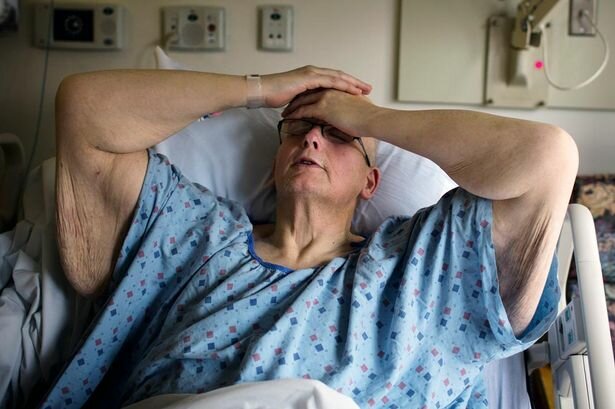3 Helpful Hints to De-Stress Your Surgery
We’ve all heard old wives tales of surgeries gone grotesquely wrong. In fact, researchers estimate that surgeons in the U.S. accidentally leave a foreign object in a patient’s body up to 39 times per week and perform surgery on the wrong body part up to 20 times per week, reports a study conducted by researchers at Johns Hopkins. Acute medical procedures can be as miraculous as they can disastrous. As a patient about to go under the knife, the power of knowledge and pragmatism can go a long way in avoiding simple errors that could result in painful, costly or even fatal repercussions.
1. Don’t Be Shy or You Might Die
Experts at the University of Maryland know that some tips may sound like common sense, but in the context of a doctor’s busy day, they can be make a world of difference. An overwhelmed M.D. is like any other busy profession— when their work piles up, it’s easy to overlook potentially lifesaving information. We all make mistakes at work; we file something incorrectly, we’re overtired and forget to call a client back. However, surgeons don’t have the luxury of simple mistakes. That’s why you can help reduce the chance of a major mistake by the simple act of carefully reading over your consent forms, insuring your information is correct (birthday, allergies, etc . . .).
Medical malpractice specialists Baker and Gilchrist, along with the American Medical Association outline specific questions, found here, for example, can help ensure patients do their due diligence when asking the right questions. It’s perfectly ok to tactfully demand that medical staff mark the correct area of your body the surgery will take place BEFORE the anesthetist sends you to dreamland. This alone can help prevent you from waking up to a nightmare.
2. Mind Over Matter: It Does
Studies conducted as early as 1981 conclude that a patient’s mindset can have a massive impact on their recovery and even postsurgical pain levels. A study by doctors Johnston and Vögele forPsychological Medicine, reveals that patients who receive procedural and sensory information and proper behavioral instruction on expectations and risk factors has shown that post-surgical pain may be reduced through simple education. In other words, the more a patient knows what to expect, the less scary it is. The British Journal of Anesthesia notes in the “Role of Psychology in Pain Management,” that the fear of pain can cause an increased lack of analgesic response to perceived “painful” threats; AKA, being scared of something that you think will hurt may make it hurt more.
Many hospitals, such as the Newtwon-Wellesly Hospital have preoperative courses that patients and their loved ones can participate in. They may ever offer prosthetics so that the patient can see exactly what is about to happen and how they can help themselves recover more quickly and with less pain. Long story short, Aristotle was wrong when it comes to surgery; the more you know, the more you know the more you know our pain can be lessened through education and reasonable expectations.
3. Common Sense Strikes Again: No Pre-Surgical Man Is an Island
Education and understanding are essential in an optimal surgical recovery, but there are still emotional aspects and “soft connections” that come into play. The US National Library of Medicine and National Institute of Health notes that other psychological preoperative variables come have come into play in a number of studies. Although no single medical institution can quantify the healing value of a metaphorical “mother’s kiss on a skinned knee,” there is substantial evidence that those who have “dispositional optimism, religiousness, anger control and low pain expectations” tend to heal more quickly after surgery.
On the other hand, people with subclinical depression, anxiety or even intra-marital strife may experience slower recovery. Luckily, there’s hope for those married to a Mr./ Mrs. Scrooge that doesn’t involve joining the Hari Krishnas and/or filing for divorce; most hospitals offer psychological support. Guided relaxation, couples support visits and even simple psychiatric interviews can all provide science-backed support in surgical recovery. Surgery, anyway you slice it, is frightening. However, with a little understanding, education and support it doesn’t have to be a matter of life or death.
Get into the debate and read more HERE
Pin It










 Follow Us on Twitter
Follow Us on Twitter Be Our Fan on Facebook
Be Our Fan on Facebook
















